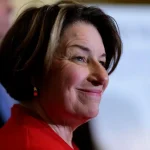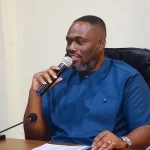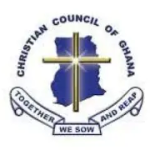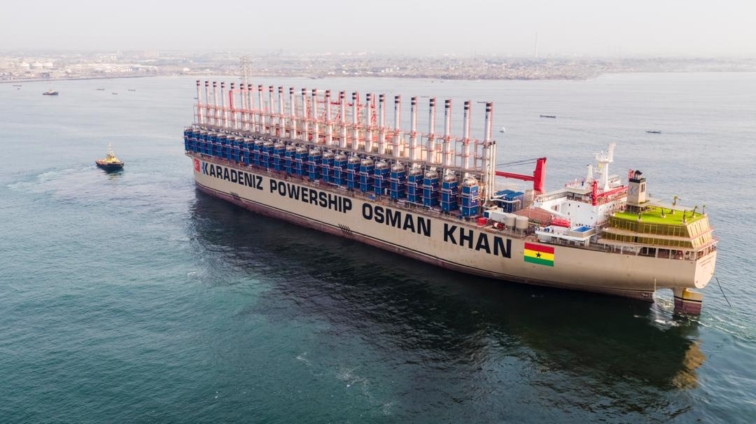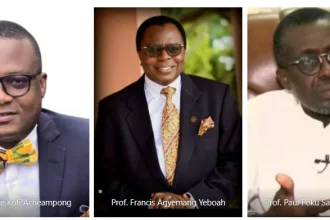In the days of old, one could travel abroad, send a postcard home to say one was having a fabulous time, and then return home before the said postcard finally arrived in the post office box – which was a bit of an anti-climax, really. Of course, today, the quaint charms of postcard by snail mail have been replaced by instant messaging, complete with real time photographs and/or video clip.
As I write last Sunday morning while sitting at the Jomo Kenyatta International Airport in Nairobi, with a four-hour wait for my flight to Accra, it feels as if I am sending a belated postcard long after my departure from the Africa Oil Week event in Cape Town. Mercifully, the near-disaster travel issues of last week have not repeated itself.
AOW issues
Africa Oil Week is a regular annual fixture in the international energy landscape and aims to bring together governments, national and international companies, investors several other players on the African upstream sector, in particular. This year’s version came off between Monday 3rd and Friday October 7 2022.
Deputy Minister of Energy and Hon. MP for Karaga, Dr Mohammed Amin Adam, led Ghana’s delegation, which included Petroleum Commission CEO, Mr Egbert Faibille, senior officials from the Commission, GOIL, Tullow (Ghana) Ltd and the Ministry of Energy.
Ghana Day
Wednesday was ‘Ghana Day’, an opportunity for the country to effectively make a pitch on investment opportunities in Ghana’s oil and gas sector.
In a short address at the well-attended event, Dr Amin assured potential investors of protection of E&P investments, a transparent, and fair regulatory regime and an assurance of a reasonable rate of return for E&P investors. These tenets, he remarked, “are predicated on sound policies, laws, and regulations which govern the upstream petroleum sector and have enabled Ghana to develop a robust regulatory regime thus providing clarity, transparency, and fairness – attributes essential to investors engaged in upstream oil and gas activities.”
The deputy minister also announced, against this background, the availability of five blocks for exploration and production investments. These included three highly prospective available blocks, namely, Offshore Cape Three Points South (OCTPS) Block, South West Saltpond (SWS) Block and the Shallow Water Cape Three Points (SWCTP) Block, located in the Western Basin – globally known for several discoveries at different geological intervals.
He added that other two blocks – the Deepwater Cape Three Point Points Block, originally operated by ExxonMobil, and the Expanded Shallow Water Tano (ESWT) Block currently operated by Base Energy Ghana Limited offer farm-in opportunities.
“As an oil and gas producing country over the last decade, we have built reasonable levels of infrastructure that support the provision of services to exploration and production companies. We have also built a dedicated and experienced workforce through existing operations over the years and the government’s Accelerated Oil and Gas Capacity Programme, managed by the Petroleum Commission”, Dr Amin concluded, adding that there is an active core of local companies including SMEs that have gained on the ground experience in the service and supply chain operations. These conditions, he observed, “no doubt reduce contingent and operational costs for exploration and production investors who come into Ghana.”
The minister’s speech was followed by a detailed presentation by the CEO of the Petroleum Commission, Mr Egbert Faibille Jnr, who showcased the various opportunities in Ghana. Various side meetings and panel discussions kept the team rather busy, darting from one meeting room to another in the vast, impressive facility. Ghana’s High Commissioner to South Africa, H.E Charles Owiredu, was on hand with his team all the way from Pretoria and offered excellent support in every way.
All work and no play…
By Friday, most of the work that needed to be done had been done, and it was time to explore this amazing city. It is impossible, and almost offensive, to just dart in and out of Cape Town.
The cool weather, the cleanliness of the city, the well-constructed roads, the shops, the properly laid out buildings, excellent conferencing facilities, the outstanding natural beauty of the bay sitting at the foot of the famous Table Mountain and other hills and mountains all come together to leave a huge impression on the mind. As a first-time visitor, I was simply blown away.
I yearned to climb up to Table Mountain – by cable car, mind you – but when my colleague Laila and I got up to the ticketing station halfway up by taxi, there was a queue that stretched to eternity and a two-hour wait to get into the cable car, so we settled for some cocktails instead and enjoyed the view of the bay sprawled below.
Not enough time
There were so many things that needed to be done but had to be deferred for reasons of time and finance. These included a visit to Robben Island, where Nelson Mandela was incarcerated for 27 years, a tour of a wine-making facility, a visit to the Cape of Good Hope, the furthest land point in southwestern Africa, a trip to Johannesburg and a highly recommended safari to the famous Kruger National Park. I remember saying repeatedly to myself, “I’ll, be back”, to borrow from actor Arnold Schwarzneggar catchphrase in the 1984 movie ‘The Terminator’
Uncomfortable reality
Beneath all the gleam and the shine is an uncomfortable, dark underbelly, which is the lot of many black South Africans in Cape Town and perhaps in many other parts of the country that saw a strong European settlement in the 17th and 18th centuries. While apartheid officially ended 28 years ago, its remnants still linger around like a stubborn aftertaste.
All the beautiful residential areas are predominantly white while many blacks still remain painfully trapped in the tin shacks of the crowded townships and in low-paying jobs. A couple of black uber drivers, both non-south Africans, told me racial segregation was still very much in force in South Africa, driven by economic disparities, as was robbery, which my hotel staff repeatedly urged me to be wary of. They insisted that I took uber, particularly in the evenings, even if the distance was a short one. One notes quickly that patrons of some restaurants in the upper echelons of affordability are almost exclusively white.
Of course, every country has its own economic and social layers, but in Cape Town the faultline is basically racial, which makes it particularly glaring.
Regardless of its issues, Cape Town has so much going for it that Accra could learn from if it is to be taken as a serious tourist destination. A number of things, from low-hanging fruits to big, innovative ideas, must come together to drive this. I believe that is a whole discussion on its own.
I definitely must find a way to go back to Cape Town.



